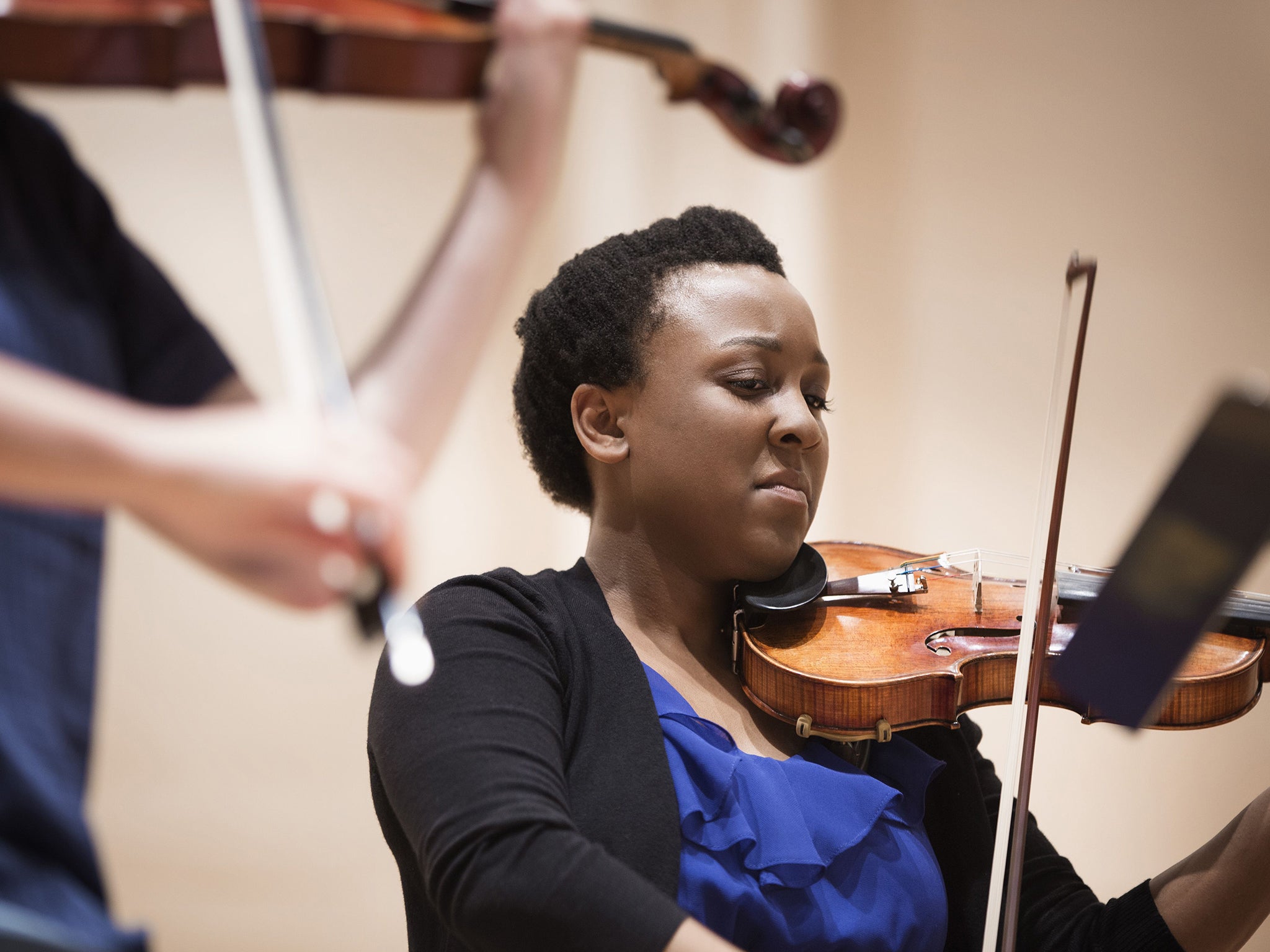A-level music marking 'lottery' stops young composers getting top grades, study warns
Academics find teachers have little confidence in 'unreliable' external marking of compositions at AS- and A-level

Young composers are missing out on top A-level grades because “inconsistent and unreliable” marking of music assessments is a “lottery”, researchers from Birmingham City University have warned.
Music teachers have little confidence in the external marking of sixth-formers’ own compositions at both AS- and A-level, with many claiming that grading is inconsistent and unreliable, academics from the university’s School of Education found.
The composition element of A-level music typically makes up 30 per cent of the overall grade, meaning inaccurate marking could have a significant impact on a student’s final grade and could cost them their university place.
Almost three-quarters (74 per cent) of teachers interviewed said they did not believe results from exam boards were consistent, while two-thirds (66 per cent) said they felt assessment requirements were unclear, leaving some lacking confidence in predicting students’ grades.
One teacher said she had been forced to appeal as the initial mark had been so poor. She said: “The student, I felt, had real flair and talent in composition, and this was not recognised. I had the work re-marked and the mark went up significantly.”
Professor Martin Fautley, a professor of education at Birmingham City University, said: “The findings from the research are concerning and questions need to be asked about the way composing is externally assessed.”
Judith Weir, the composer and Master of the Queen’s Music, said: “British conservatoires are buzzing with talented young composers, most of whom must have discovered their passion for creating new music while at school. But at the same time there is notable unease amongst teachers preparing candidates.”
The Joint Council for Qualifications, which represents the exam boards, defended the assessment system and said that a small study did not represent the system as a whole. An Ofqual spokesperson said: “It is the responsibility of exam boards to make sure they have appropriate policies in place to ensure their marking is accurate.”
Join our commenting forum
Join thought-provoking conversations, follow other Independent readers and see their replies
0Comments